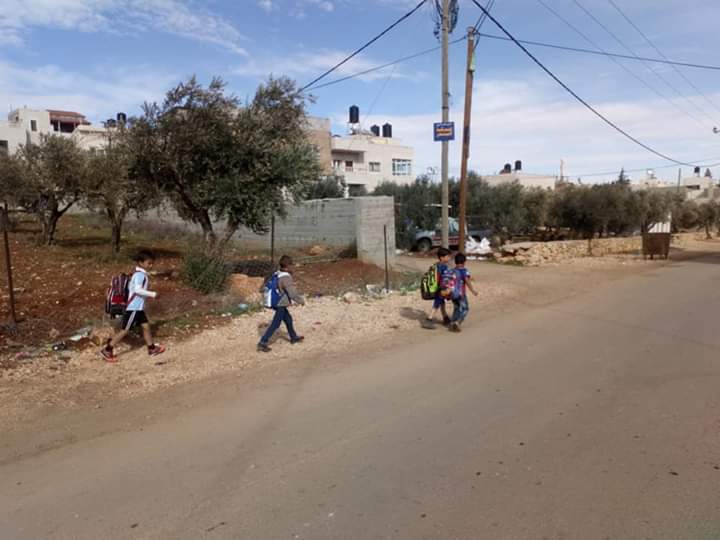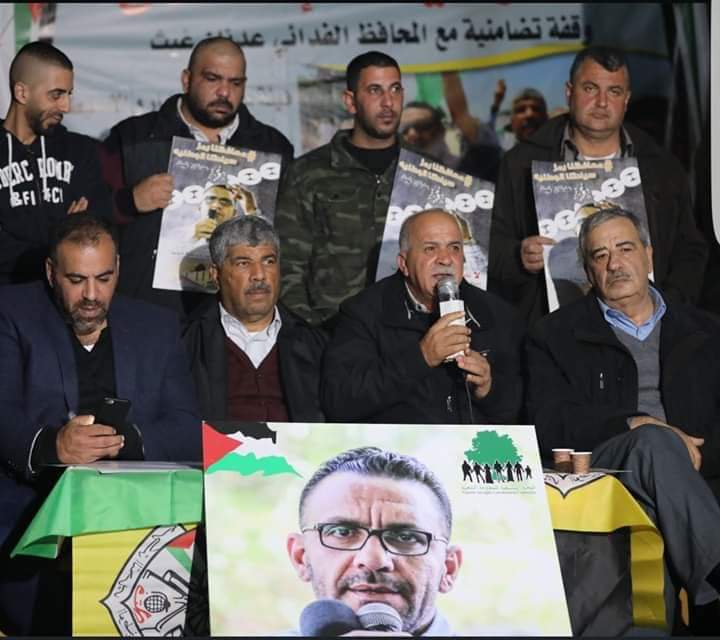Category: Reports
-

Settler attacks increase at Al Mughayyir
27th November 2018 | International Solidarity Movement, Ramallah team | Al Mughayyir, Ramallah, Occupied Palestine The village of Al Mughayyir sits 27 miles north of Jerusalem. Sitting above is the settlement of Shiloh, more than a quarter of which is constructed on Palestinian land, the locals say. An elder from the village reports that the…
-

Palestinian activists, and leadership, show solidarity with arrested Jerusalem governor in the endangered village of Khan Al-Ahmar
Palestinians across the spectrum met in the legendary, and endangered, Kahn Al Ahmar last night in solidarity with Adnan Ghaith; recently arrested for “breaking Oslo law” by “cooperating with the PA’s security services,” according to the zionist-friendly newspaper Haaretz. The mendacity of using “Oslo law” to charge a Palestinian leader for the “rarely enforced” section…
-

East Jerusalem Governor and 32 officials arrested over two days
26th November2018 | International Solidarity Movement, Ramallah team | Jerusalem, occupied Palestine Over the past two months Occupied East Jerusalem’s’ Governor Adnan Ghaith has been arrested three times. Each time he’s been released without charge. Once again, Yesterday morning, the Israeli border police arrested him. At the same time his offices in the Jerusalem Government…
